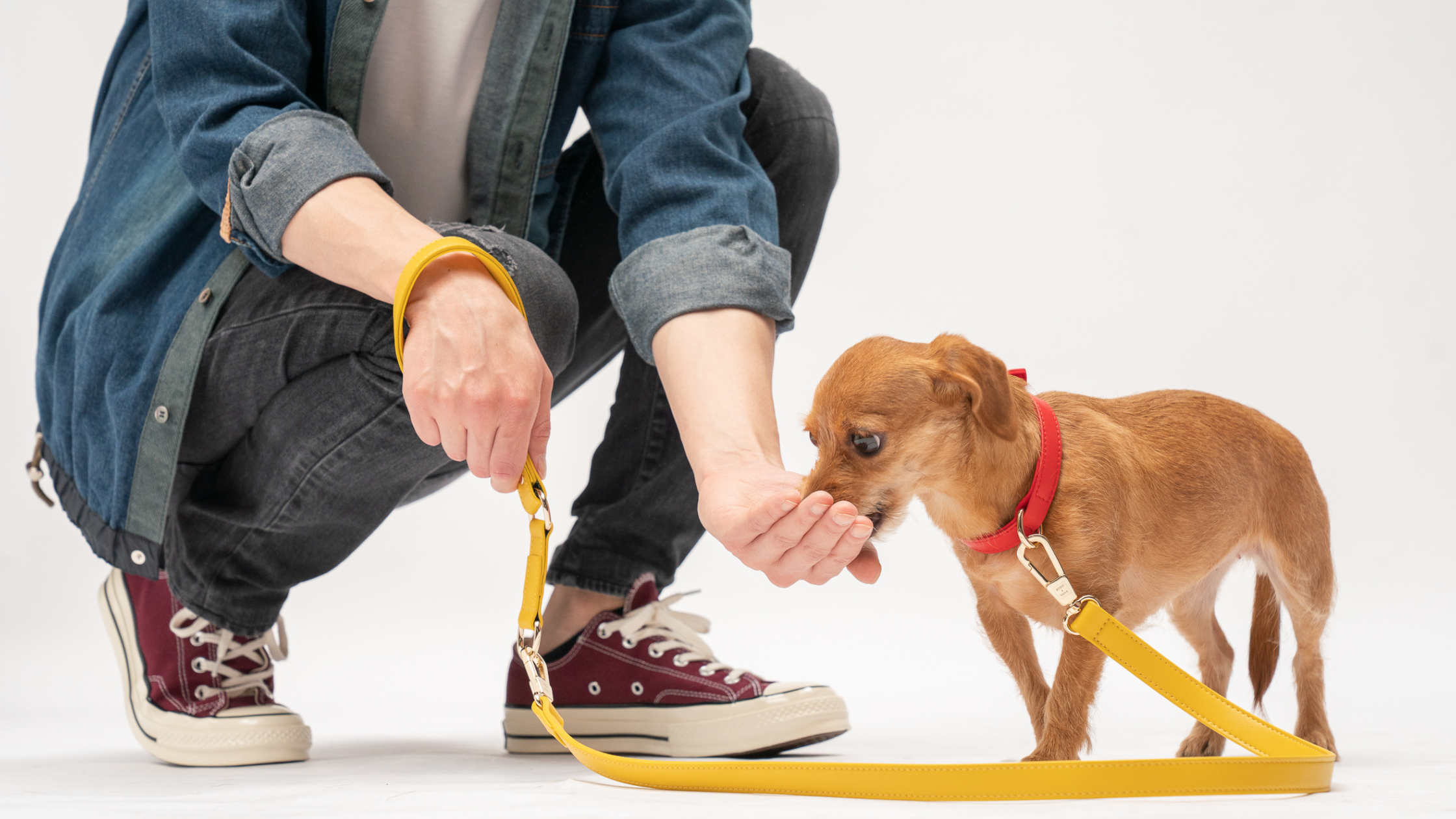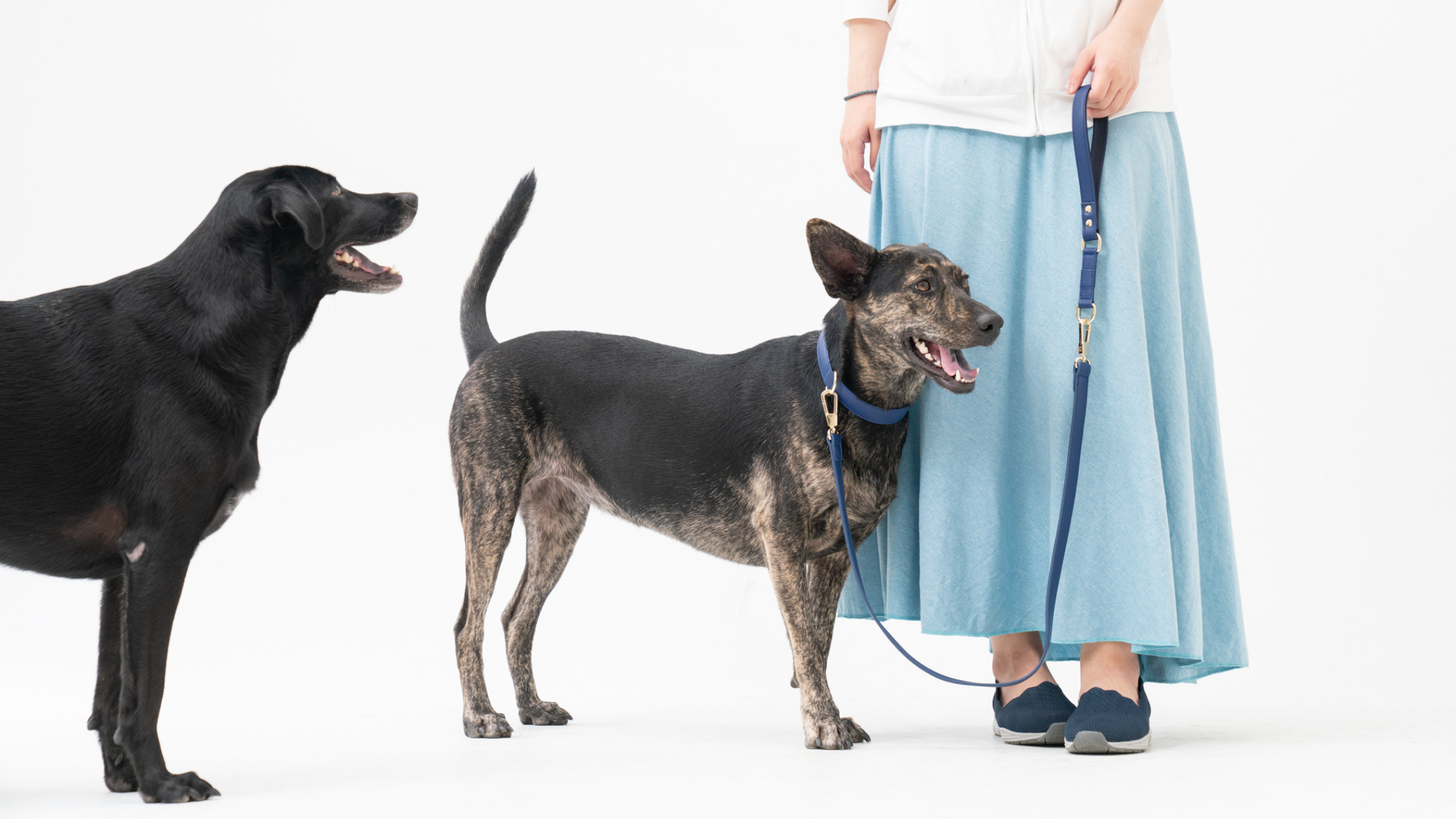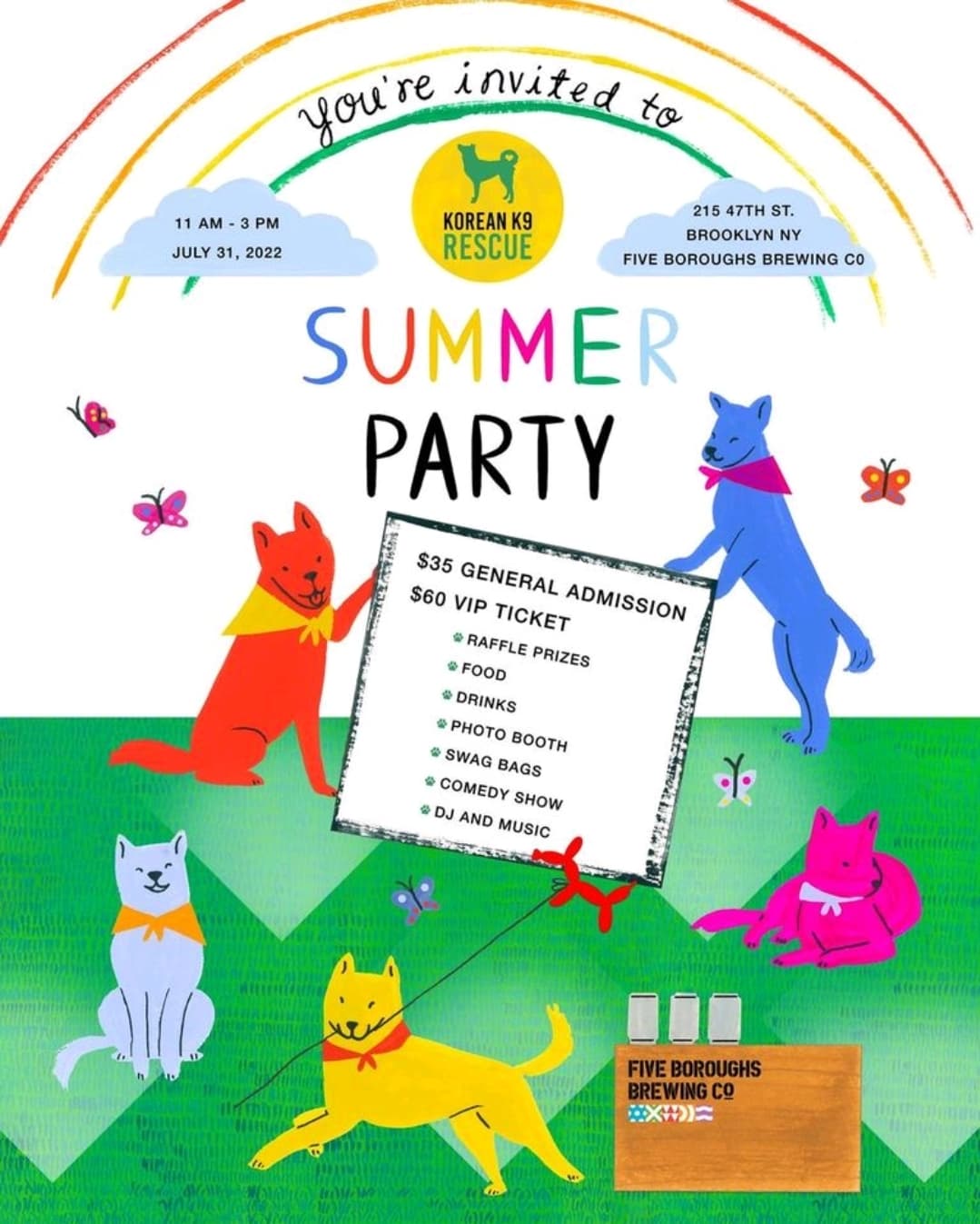
Which Human Foods Are Safe for Dogs to Eat and Which Are Not Safe?
Pet parents know how difficult it is for providing their loving and fuzzy friends the well-deserved attention, care, and love, not only throughout the day but also during mean time. If you are an avid dog owner, you must make sure that whatever goes inside, those mouths must be healthy and safe to give your beloved pets the health and fitness they deserve. In this regard, it is important to understand that not every human food can be consumed by your canines and may have life-threatening risks for the little ones.
So if you love your pets and worry about their well being and foods, this article will help you navigate and understand which foods are safe for feeding your dog and the ones you should let them touch.
Foods that dogs can eat:
Apple slices
You can feed your dog properly sliced apples that make crunchy, tasty, and nutritious snacks. They are a good source of vitamin A and C and rich in antioxidants, potassium, and fibers. There are also low in protein and fat with phytonutrients that help fight cancer. However, it would be best if you kept the seeds and away from them, as they contain cyanide, which is a form of poison for the animals. Depending on the dog's body weight, it is not very severe if they eat a few seeds accidentally; however, large amounts may be detrimental to their health. It may also be potential choking hazards if your dog swallows the core.
Broccoli
Broccoli one of our favorite veggies for our furry friends. It contains many vitamins, including vitamin C, vitamin K, and potassium, which improves heart health, bone density, and helps ward of diseases.
Fish
Fish are the most nutritious meats to your dogs. Some of them, including the white fish, cod, herring, sardines, and salmons, are rich in essential amino acids and keep their coats healthy and shiny. You can add a healthy proportion of these fish meals in their daily dinner or even as a small snack. However, feeding your dog with raw fish is an absolute no! Make sure that the cooked fish is deboned. Uncooked fish contains harmful bacteria such as salmonella, and the bones can get stuck in their throats, causing a choking hazard.
Cashews
Cashews can be an occasional treat for your dogs as a healthy snacking option. This nut is also known as a powerhouse of the essential nutrients, including magnesium, calcium, zinc, different antioxidants, protein, and other essential fats. While these have low-fat content than other nuts, they are still higher in general. So keeping the servings minimal in the form of occasional treats is acceptable. Ensure that you feed your dogs with unsalted cashews, and avoid exposing them to food with excess sodium content that might cause digestion issues in many dogs.

Food that dogs should NOT eat:
Alcohol
Alcohol, even in small amounts, can be toxic to the dog. Alcohol contains common substances known as ethyl alcohol or ethanol, making the dogs quite disoriented and suffer from seizures, vomiting, and other debilitating conditions, including a coma or death.
Avocado
Avocado is a controversial item and better to be on the side of safety. Avocados contain a fungicidal toxin called persin, which is not appropriate for the dogs to eat. Although these fruits may not be fatal to the dog, yes, it can cause severe gastro in the spinal issues. Your dog might also swallow the fruit's pit that contains the highest amount of persin, and may also cause a choking hazard.
Chocolates
Humans indeed love chocolates as a sweet treat. However, dogs should always avoid it at any cost. Two chemical compounds are particularly dangerous for the canines, including theobromine and caffeine. Any amount of chocolate consumption main cause of vomiting and diarrhea in the dogs, even death. The most concerning health issue is a tremor or seizure that can become life threatening.
Cinnamon
Cinnamon is not toxic to the dogs per se but can cause physical discomfort if eaten in large proportions. So if you decide to expose your dog to sweet dreams such as cakes or cookies, make sure that they do not contain cinnamon. Excessive consumption may irritate the mouth and stomach lining, especially if they eat a cinnamon stick. Inhaling the cinnamon powder can also prove dangerous for the dogs, causing choking, coughing, and breathing issues.

Consulting with your veterinary expert
The list of safe foods and unsafe foods for the dogs continues much more than what we’ve covered. However, your canine babies' health is your responsibility, and you need to make sure that you give them the best life under proper supervision and expert consultation. So if you want to improve your kitchen and make sure that your canine babies are not exposed to dangerous foods, make sure that you consult with your veterinary expert and take proper measures as soon as possible. Reach out to them with any query or doubt over the health of your little furry friends at frequent intervals, and take the necessary advice in case they ingest something dangerous.
For a dog lover and pet owner, their canine babies are the most important parts of their lives. So, nobody would want to take any risk related to their lives. Hence it is always essential to be informed and act accordingly to give your dogs a healthy, happy, and amazing life. May you be showered with a lot more of furry love in your life!


